HCL Support
$39.99 — or subscribe to save 5%
HCL Support provides a variety of health-supportive factors. L-glutamic acid, betaine HCl, and pepsin, a proteolytic enzyme, which assist in protein digestion. Gentian root, an herbal bitter, promotes normal secretion of saliva and gastric acid for digestive support. HCl (hydrochloric acid) supports nutrient absorption and helps maintain a healthy gastric pH, which, in turn, supports healthy gastric ecology.
Description
HCL Support Clinical Application:
• Provides Hydrochloric Acid to Help Maintain Gastric pH
• Contains Factors to Promote Healthy Digestion, Especially of
Dietary Protein
• Supports Absorption of Certain Macro- and Micronutrients
• Helps Maintain Normal Gastric Flora
Formulated To Exclude:
Wheat, gluten, yeast, soy, dairy products, fish, shellfish, peanuts, tree nuts, egg, ingredients derived from genetically modified organisms (GMOs), artificial colors, artificial sweeteners, and artificial preservatives.
Directions:
Take one capsule with meals, or as directed by your healthcare practitioner. Consult your healthcare practitioner prior to use. Individuals taking medication should discuss
potential interactions with their healthcare practitioner.
All Unique Verve Formulas Meet or Exceed cGMP Quality Standards and are manufactured and stored in the temperature and humidity regulated facility in USA.
cGMP = Current Good Manufacturing Practice certification means that every aspect of all Unique Verve manufacturing process has been examined, including laboratory/testing methods (for stability, potency and product formulation)
Made and Packaged in the USA
Supplement Facts:
Serving Size: 1 Capsule
Servings Per Container: 90
Ingredients:
L-Glutamic Acid 350 mg**
Betaine HCl 300 mg**
Pepsin 1:10,000 100 mg**
Gentian 4:1 Extract (Gentiana lutea)(root) 20 mg**
** Daily Value not established.
Other Ingredients:
Capsule (hypromellose and water), vegetable stearic acid, silica, vegetable magnesium stearate, and medium-chain triglyceride oil.
LEGAL DISCLAIMER
*Disclaimer: Statements made regarding dietary supplements , or products sold through this website have not been evaluated by the Food and Drug Administration. They are not intended to diagnose, treat, cure, or prevent any disease. You should consult with a healthcare provider before beginning any dietary supplements.
Discussion
HCL Support is designed to support the gastric phase of digestion directly and provide stimulus for the
excretion of pancreatic digestive juices in the small intestine. Adequate hydrochloric acid is fundamental to
healthy protein digestion, nutrient availability, and the maintenance of normal gastric flora. There is a natural
decline in the ability to produce hydrochloric acid, especially after the age of 60. There appears to be an even
greater decline in pepsin production related to normal aging. Support of natural gastric secretions and acidity
helps support normal digestion, absorption, and immune health. Maintaining an acidic pH in the stomach
helps support normal gastric and intestinal flora as well.
L- Glutamic Acid: This amino acid can be obtained from dietary protein or synthesized endogenously from
other amino acids, such as glutamine. L- glutamic acid is used in HCL Support as an acidifying agent.
Betaine Hydrochloride (HCl): Betaine (also known as trimethylglycine) is a natural substance found in foods
such as beets, spinach, and grains. Research suggests that betaine supports cell health by acting as a methyl
donor, and this, in turn, supports healthy methionine, homocysteine, and hepatic fat metabolism. Betaine also
functions as an osmolyte, which supports the integrity of cells and proteins during fluctuations in hydration,
salinity, and temperature. Betaine HCl, the acidic form of betaine, has traditionally been used to support
digestion and absorption due to its ability to lower gastric pH.
Pepsin: One of the first enzymes to initiate protein digestion, pepsin is first synthesized in the parietal cells of
the gastric mucosa and secreted as the inactive zymogen precursor pepsinogen. Hydrochloric acid activates
pepsinogen to convert it to pepsin once it is outside the cell. This activation sets up a chain reaction leading to
the production of still more pepsin. Porcine pepsin, in addition to betaine HCl, is provided in HCL Support with
the goal of promoting more endogenous pepsin production.
Gentian Root (Gentiana lutea): Used for centuries to support healthy digestion, gentian contains the bitter
glycosides gentiopicrin and amarogentin. Gentian’s bitter taste can be detected even at a dilution level of
50,000:1. Gentian root appears to support digestion by stimulating secretion of saliva in the mouth, hydrochloric
acid in the stomach, and digestive juices from the pancreas. Due to the stimulant effect that gentian root has on
endogenous production of HCl, individuals may be able to discontinue HCL Support after a period of use.
HCL Support is formulated with a variety of compounds and is designed to support gastric acidity, digestion,
and normal gastrointestinal flora. HCL Support should be taken with, or immediately following a meal. Do not
use if there is a prior history of, or a current complaint of, a peptic or duodenal ulcer.
REFERENCES
- Gastric acid barrier to ingested microorganisms in man: studies in vivo and in vitro: https://www.ncbi.nlm.nih.gov/pmc/articles/PMC1412163/
- Age related changes in gut physiology and nutritional status: https://www.ncbi.nlm.nih.gov/pmc/articles/PMC1383055/
- Effects of aging and gastritis on gastric acid and pepsin secretion in humans: a prospective
study: https://pubmed.ncbi.nlm.nih.gov/8612992/ - The influence of gastric digestion on the development of food allergies: https://www.ncbi.nlm.nih.gov/pmc/articles/PMC5467726/
- Gastric acidity inhibitors and the risk of intestinal infections: https://pubmed.ncbi.nlm.nih.gov/19907324/
- Gastric acid reduction leads to an alteration in lower intestinal microflora: https://pubmed.ncbi.nlm.nih.gov/19248769/
- . Betaine in human nutrition: https://pubmed.ncbi.nlm.nih.gov/15321791/
- Higher gastric mucin secretion and lower gastric acid output in first-degree relatives of gastric
cancer patients: https://www.researchgate.net/publication/5752414_Higher_Gastric_Mucin_Secretion_and_Lower_Gastric_Acid_Output_in_First-degree_Relatives_of_Gastric_Cancer_Patients - The human bitter taste receptor hTAS2R50 is activated by the two natural bitter terpenoids
andrographolide and amarogentin: https://pubmed.ncbi.nlm.nih.gov/19817411/
Only logged in customers who have purchased this product may leave a review.


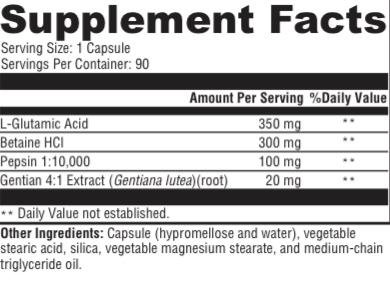
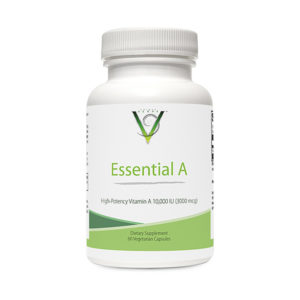
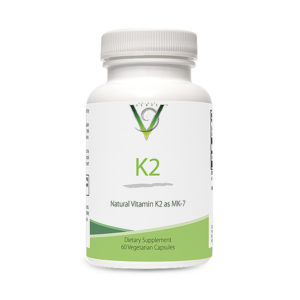
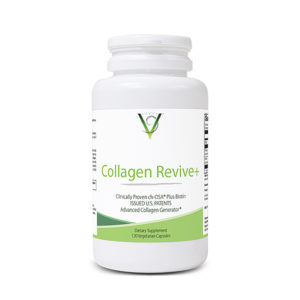
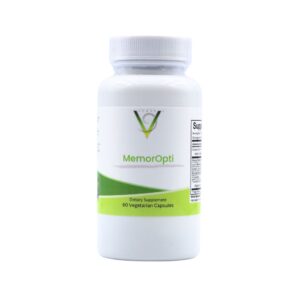
Reviews
There are no reviews yet